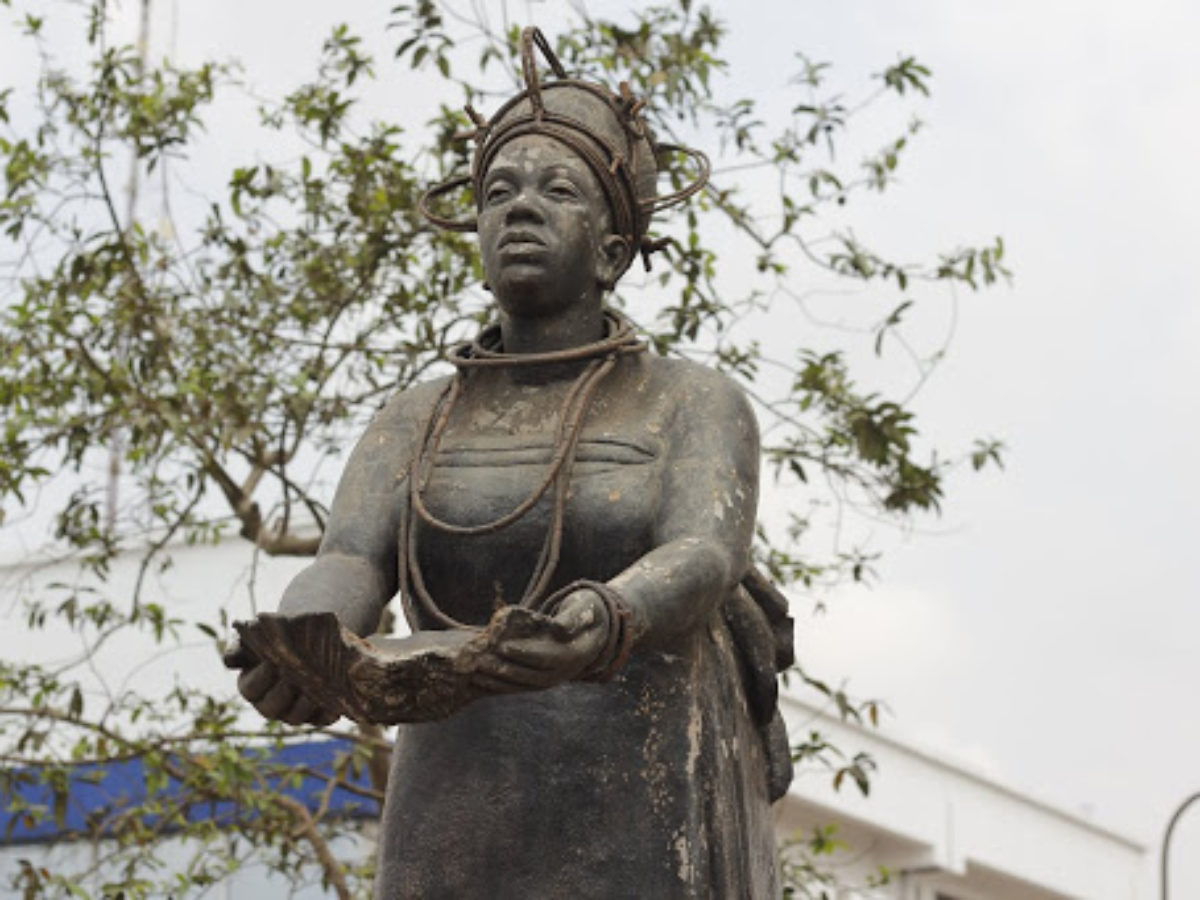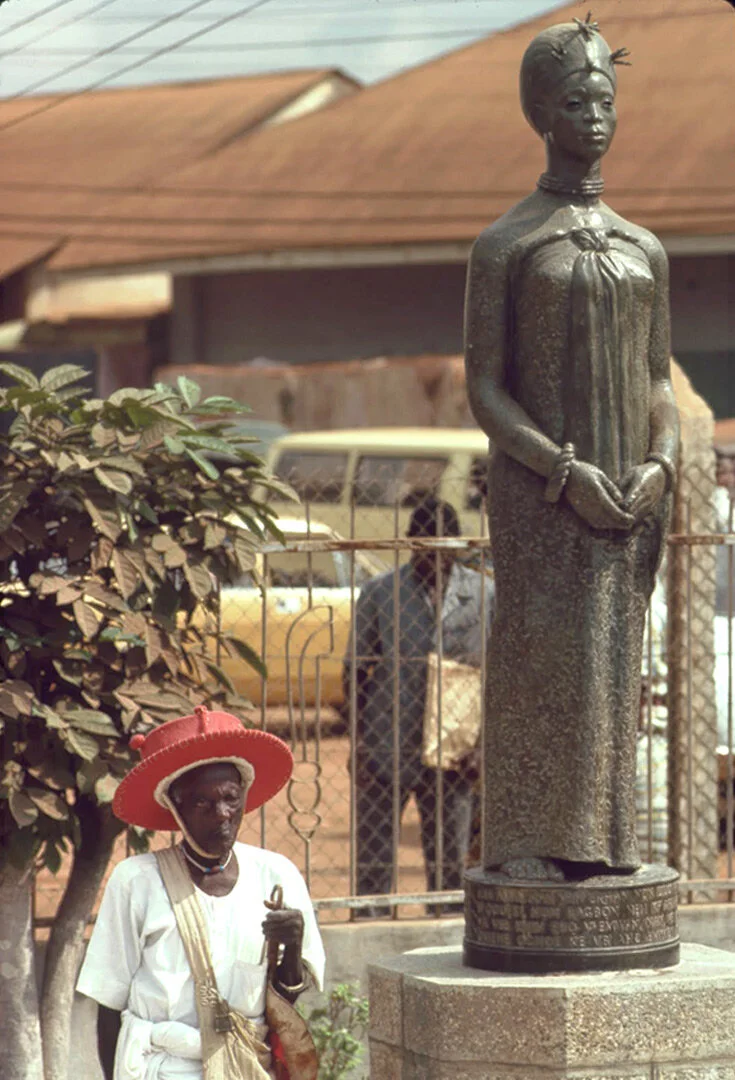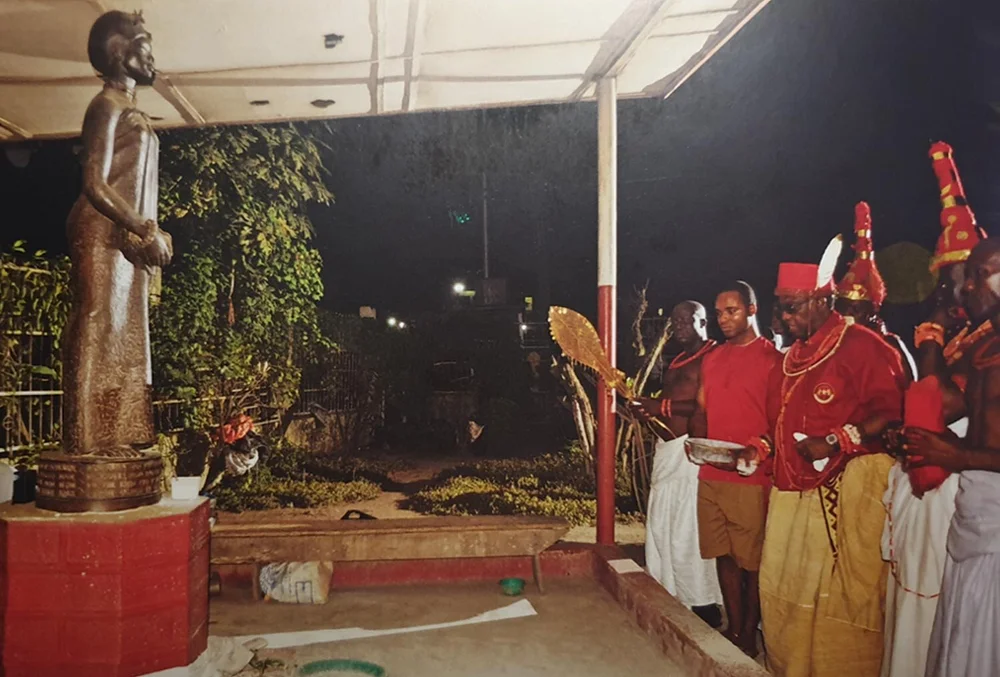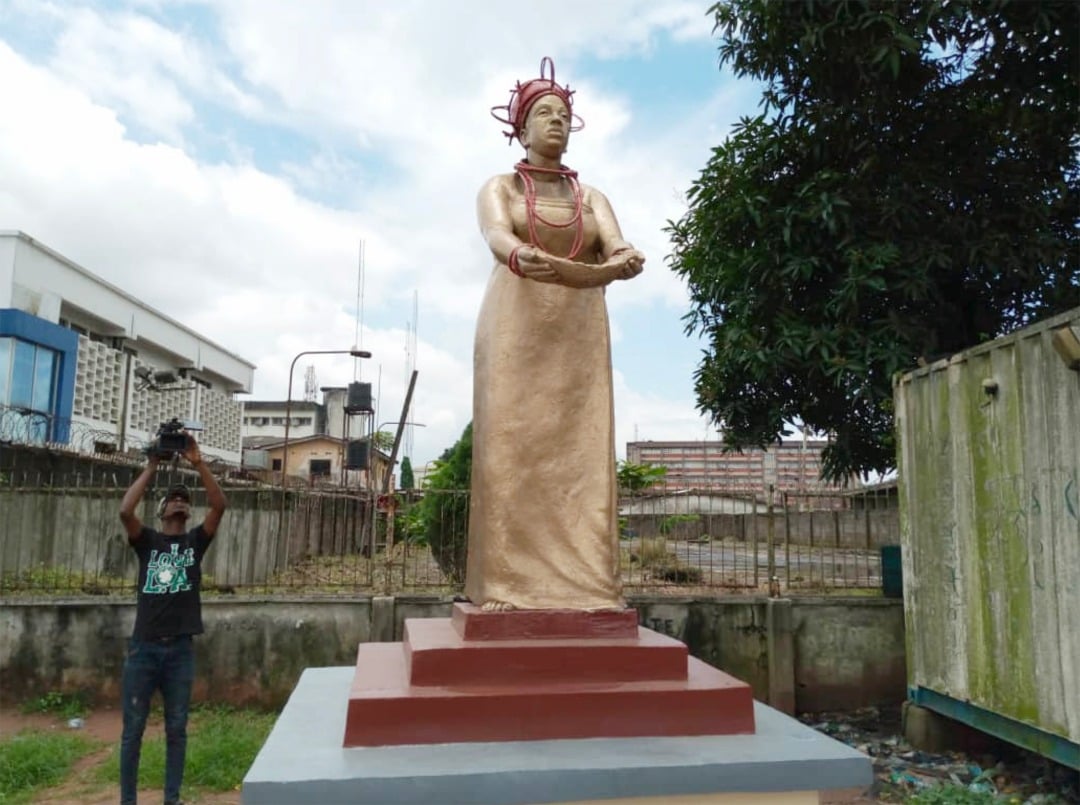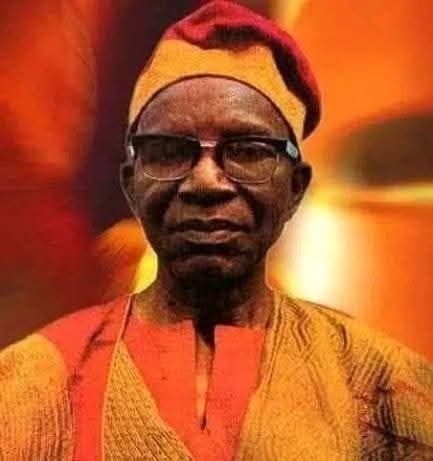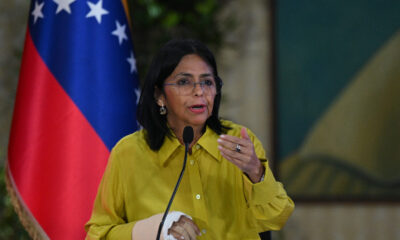What do you remember most fondly about the era of filmmaking when you were active on the movie scene?
I remember the authenticity. We were very real, down-to-earth, humble, and hungry to showcase our talents. There was no competition, no obsession with views or popularity. We just wanted to act, even when many of us didn’t fully understand what the industry entailed. We got into it with passion and truly enjoyed it. That sincerity is what I remember the most.
Many fans would love to see you on the screen again. Are you open to a comeback, or has your passion shifted completely to other things?
My passion has shifted, but if the right opportunity comes along, I would gladly step in front of the camera again. Right now, though, my focus is on psychology, wellness, and mental health; supporting people on their journeys of healing and well-being. That’s what truly drives me now.
What’s one role you played that still lives rent-free in your mind today?
I loved all my roles. Each of them was impactful in its own way. I don’t take on roles just for entertainment; they have to mean something. If I had to pick one, it would be ‘Love From Above’. It touched on domestic violence at a time when I didn’t even fully understand what domestic violence was. Life later gave that role a deeper meaning for me.
You’ve become a vocal mental health advocate and are training in therapy. What inspired you to go down that path?
I have always cared deeply about people and been curious about why we behave the way we do. Psychology gave me the tools to study and understand human behaviour. Growing up in Nigeria and later moving abroad exposed me to very different cultures, and I wanted to know: what truly shapes us?
How do our experiences and beliefs influence our identity?
Spirituality has always been central to my life, but I also wanted to go deeper. That curiosity led me to psychology. For me, it’s not only about mental health, but about wholeness and well-being.
You’ve been living in the United Kingdom for a while. What do you miss the most about Nigeria?
I mostly miss my friends. Apart from that, not much. Nigeria feels chaotic compared to where I live now—in a quiet village in Kent. I have become accustomed to the calm here, so while I miss the people, I don’t necessarily miss the environment.
What have you learnt about identity as you navigate life abroad?
My experience has been different from many others. When I came to the UK, I stayed with my dad, who worked in the House of Commons, so I didn’t struggle with integration the way some people did. I focused on academia, which made things easier for me. That said, navigating identity abroad is complex, and sometimes there are things I prefer not to say openly for professional reasons.
How do you keep your Nigerian roots alive in your everyday life and parenting?
I speak Igbo to my children, teach them about their culture, and stay active in our family and village meetings. I am proud of my heritage. I come from a beautiful royal family, and I instill that pride in my kids. Roots give you confidence and identity. That’s why I make sure my children know who they are and where they come from.
If you could go back in time and give young Victoria one piece of advice, what would it be?
Don’t be too kind. Kindness is beautiful, but people often take advantage of it and mistake it for weakness. When you eventually push back, you’re painted as the bad person. I still remind myself to set boundaries and not be overly accommodating.
In a world full of filters, how do you stay true to yourself on social media?
By being content. I don’t fake it. I don’t believe in “fake it till you make it”; that’s too stressful. I’m not a fashionista; I’m more focused on academics and personal growth. Education and training will take you far, not pretense.
Even my children know this. My eldest son is entrepreneurial, but I insist he gets at least a degree and a Master’s, because education gives you the foundation to manage your future. On social media, I post and move on. My work is sensitive, so I don’t get into unnecessary exchanges.
What’s your secret to staying fresh and young?
I mind my business. In the past, I tried to correct people on social media, but I learnt it wasn’t worth the backlash. Peace of mind and letting go of unnecessary stress keep me looking and feeling young.
You’ve spoken candidly about surviving abuse. How did your personal experience shape your counselling and healing?
Psychology has been instrumental in my healing. It gave me knowledge and tools to understand what I went through. My spirituality also helped, through forgiveness, gratitude, and letting go. That’s how I’ve been able to move forward.
You once said domestic violence is a norm in Nigeria. Can you elaborate?
Unfortunately, many people in Nigeria don’t recognise domestic violence for what it is. They see it as normal. I have been attacked online for speaking out because the assumption is always that the man is the abuser, when women can be perpetrators too.
Over time, I realised that society often brushes it aside. If the abuser is wealthy or influential, people excuse it. It used to hurt me deeply, but now I see how normalised it is. The mentality really needs to change.
How did you find the strength to leave your toxic marriage?
I didn’t leave; I was removed by the police. That’s the truth. I wouldn’t have left otherwise.
What advice do you have for women trying to reclaim their voices after years of silence and domestic violence?
Move on and live your life. Improve yourself, release the pain, and don’t let the past destroy your future. In psychology, we say, “the body keeps the score.” Stress leaves marks on the mind, heart, and even physical health. Many survivors later develop illnesses because of the toll stress takes. My advice is to let go, focus on your healing, and make the best of the life you still have.
How do you balance being a mum, psychologist and a public figure all at once?
I can’t tell you exactly how I do it; I just take it one day at a time. First of all, being a mother is everything. After God, my kids come first. Having a great relationship with them is paramount, because I don’t want them to have miserable childhood memories. I make sure I’m present for all three of them. They’re young adults now, and they need guidance and direction. We are friends, but with healthy boundaries.
With my master’s in applied psychology and coaching psychology, I also support people through therapy. My style is personal because I know what it feels like to be in certain situations. Even though everyone’s experiences differ, there’s often a sense of sadness or drowning. My duty is to help lift people up.
punch.ng
FOLLOW US ON:
FACEBOOK
TWITTER
PINTEREST
TIKTOK
YOUTUBE
LINKEDIN
TUMBLR
INSTAGRAM

 Politics13 hours ago
Politics13 hours ago
 Business13 hours ago
Business13 hours ago
 Lifestyle14 hours ago
Lifestyle14 hours ago
 Sports13 hours ago
Sports13 hours ago
 Lifestyle14 hours ago
Lifestyle14 hours ago
 News13 hours ago
News13 hours ago
 Lifestyle4 hours ago
Lifestyle4 hours ago
 Lifestyle3 hours ago
Lifestyle3 hours ago



